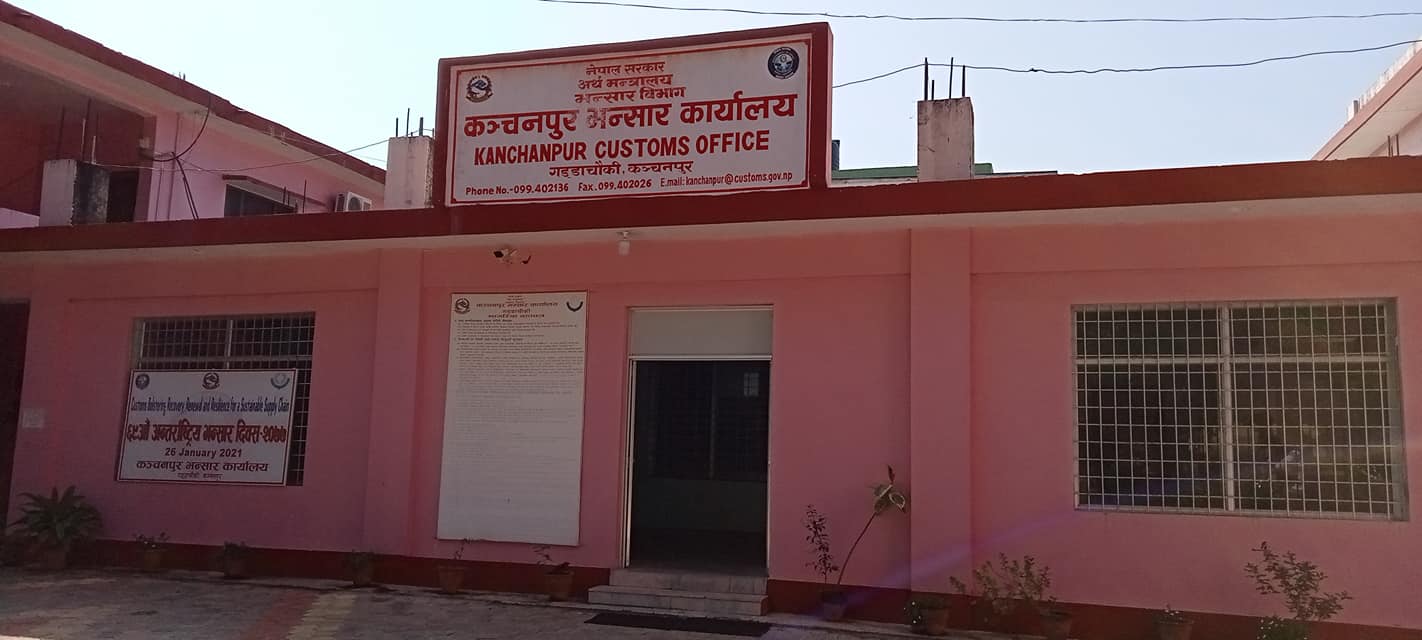Nepal

Kanchanpur Customs Office, Gaddachauki is facing problems testing pesticide content in fruits and vegetables imported from India, as it does not have its own pesticide testing laboratory.
The office has to travel all the way to Attariya of Kailali to carry out tests for pesticide. Office's information officer Paramananda Joshi said they have to travel 42 kilometres far to Attariya to conduct pesticide tests.
He said the customs office lacks the laboratory and the lab technicians to carry out the test for pesticide.
As he said, although they sent the samples for testing, it takes two or three days to get the results. "Neither we have a laboratory nor technicians for conducting the pesticide test. It takes at least a day to get the results from Attariya. If it is early enough, the result arrives in the evening the same day we send the sample. So we allow the trucks and pick-up vans loaded with fruit and vegetables only after getting the results," he said.
Joshi narrated that the traders have been complaining about delaying their perishable imports as it sometimes takes longer to get the test results from Attariya, which also does not have enough technicians.
This means that the trucks and vans loaded with fruits and vegetables imported from India are held up at the customs for one or two days since it takes a day or two to get the pesticide test report.
Bishal Sunar, president of the Sabjimandi fruits and vegetable traders committee, suggested the customs office become strict in testing the fruits and vegetables imported from India.
It is required that there needs to be a laboratory at the customs office. Imported vegetables should not be allowed entry without testing for pesticide.
As he said, it would be easier for the traders had there been a lab at the customs office here.
Meanwhile, vegetable import from India has decreased of late. Most of the vegetables are imported from Dadeldhura.
It is said only potatoes and onions are imported from India.
"Seventy per cent of vegetables are produced within the district and only 30 per cent is imported from outside," Sunar said.
Although the local production is adequate during the season, there is a shortage during the off-season due to the lack of cold storage facilities, and vegetables must be imported from India in the off-season.
(RSS)






